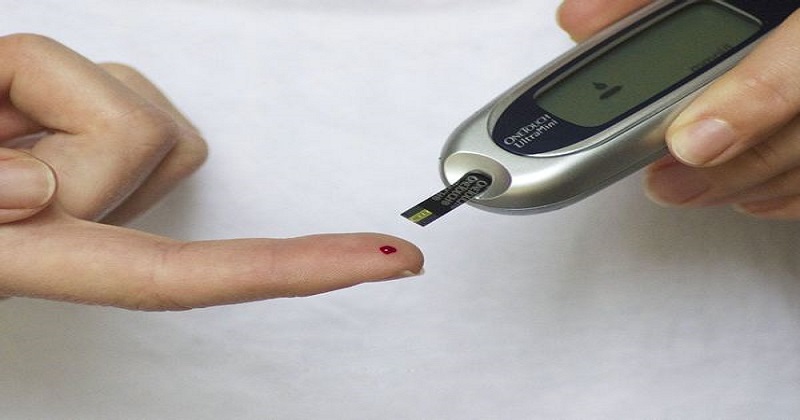
Diabetes is a metabolic disorder in which the body has high sugar levels for prolonged periods of time. Symptoms often include frequent urination, increased thirst, and increased appetite. If left untreated, diabetes can cause many complications. Acute complications can include diabetic ketoacidosis, hyperosmolar hyperglycemic state, or death. Serious long-term complications include cardiovascular disease, stroke, chronic kidney disease, foot ulcers, damage to the nerves, damage to the eyes and cognitive impairment.
Physical activity is another important part of your diabetes management plan. When you exercise, your muscles use sugar for energy. Regular physical activity also helps your body use insulin more efficiently. These factors work together to lower your blood sugar level. The more strenuous your workout, the longer the effect lasts. But even light activities — such as housework, gardening, being on your feet for extended periods — can improve your blood sugar.
Eat healthily is crucial when you have diabetes because what you eat affects your blood sugar. Focus on eating only as much as your body needs. Get plenty of vegetables, fruits, and whole grains. If you’re not active now, it’s time to start do exercise. It also lowers your chances of getting heart disease. When you’re stressed, your blood sugar levels go up. Find ways to relieve stress through deep breathing, yoga, or hobbies that relax you.

Post Your Comments